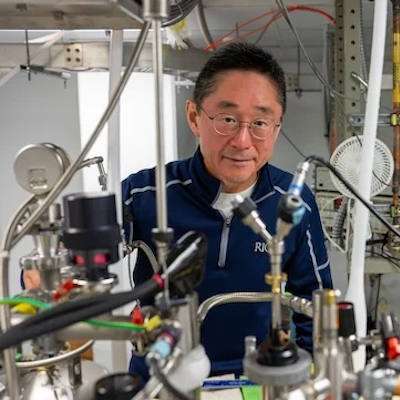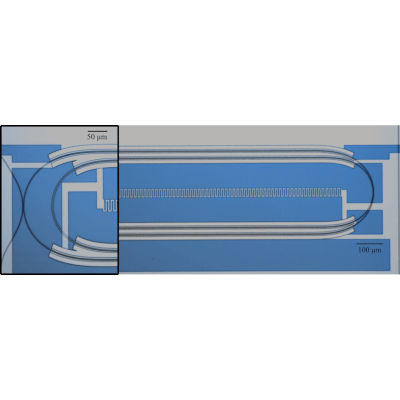Quantum computing speeds up problem solving
May. 02, 2025.
2 mins. read.
1 Interactions
A USC study shows quantum annealing beats classical methods in finding near-optimal solutions for complex optimization challenges.
A quantum computer can solve tough problems faster than regular supercomputers. This speed boost is called quantum advantage. Researchers at University of Southern California (USC) proved this in a study published in Physical Review Letters. The study focuses on quantum annealing, a quantum computing method.
Quantum annealing helps find the best or nearly best answers to complicated problems by searching for low-energy states in quantum systems. These states match the best or nearly best solutions to problems. The study compared quantum annealing to the best classical algorithms. Classical algorithms often take longer to find good solutions for complex challenges.
Approximate solutions for real-world problems
For years, scientists struggled to show quantum scaling advantage, where quantum speed improves as problems grow larger. Quantum annealing was thought to be faster for optimization, which means finding the best solution among many options. However, proof was hard to find. This study looked at approximate optimization instead of exact solutions. Approximate optimization finds answers close to the best, within 1% of the perfect value.
Many real-world problems don’t need exact answers. For example, when picking stocks for a fund, beating a market index is often enough. The researchers used a D-Wave Advantage quantum processor at USC. Noise often disrupts quantum computers. To fix this, the researchers used quantum annealing correction, a method to reduce errors. This created over 1,300 error-free qubits.
The study tested both quantum and classical methods on spin-glass problems, a type of hard optimization challenge from physics. They measured “time-to-epsilon,” which tracks how fast each method finds a near-optimal solution. Quantum annealing with error correction beat the best classical method, called parallel tempering with isoenergetic cluster moves.
The researchers want to apply this to bigger, more complex problems. They also hope better quantum hardware will increase the speed advantage. This could also lead to new quantum methods for solving practical optimization tasks where near-best solutions work well.
Let us know your thoughts! Sign up for a Mindplex account now, join our Telegram, or follow us on Twitter.


.png)

.png)


.png)





0 Comments
0 thoughts on “Quantum computing speeds up problem solving”